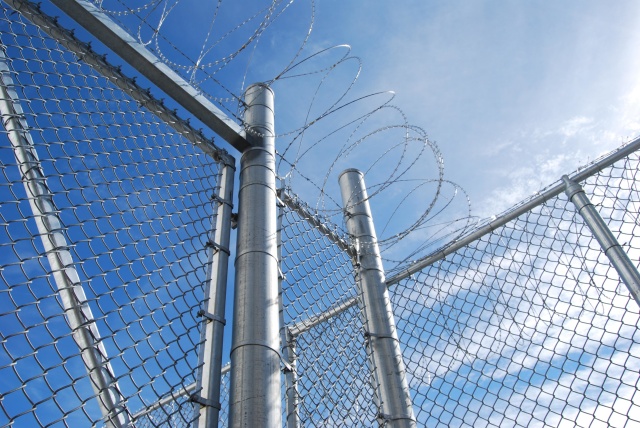
The attention surrounding criminal justice reform has never been greater. More and more stakeholders believe decades of “tough-on-crime” policies have been as tough on taxpayers as they have been on lawbreakers. As a state legislator, I believe criminal-justice reform should receive genuine bipartisan support.
Oklahoma incarcerates more offenders per capita than most other states, and more than half of our inmates are behind bars for nonviolent offenses. The annual cost of incarcerating a person in Oklahoma sits between $13,000 and $28,000 per year. To put that in perspective, per pupil spending on education is about $8,000 annually.
A good education can reduce the likelihood of a person committing crimes as an adult, so why are we willing to spend twice as much on those who break laws than we are willing to spend providing children with a world-class education?
Oklahoma also faces striking racial and gender disparities at nearly every level of the criminal justice system, from arrest rates and bail amounts to sentence lengths and probation hearings. Oklahoma leads the nation in the incarceration of females and locks up five times more blacks than whites. The rate at which we incarcerate those with a mental illness has grown faster than our overall incarceration rates as well.
Oklahoma Watch reported just last year that 6,200 inmates in Oklahoma were receiving medications for severe mental health disorders — a 50-percent leap since 2007. With so many indicators pointing to underlying causes for criminal activity — poor quality of life, poverty, mental health, homelessness — we have a moral obligation to reduce our prison population by embracing better practices when it comes to criminal justice.
The truth is, Oklahoma faces what could be a $1 billion shortfall in state revenue for the next fiscal year, and there are more humane, effective and economical ways to hold those that have broken laws accountable.
For example, eliminating prison for low-level drug crimes, recognizing the stages of substance abuse and providing adequate programs to rehabilitate offenders would begin to reduce the prison population in a huge way. Equally important, administering treatment and support for those with mental illness would keep jail or prison from being the “treatment center of last resort.”
The problem is, traditional court processes rely heavily on incarceration, with few alternatives, and can be a nightmare for people suffering from a mental illness who also lack an advocate. In a step in the right direction, Gov. Mary Fallin signed the Justice Safety Valve Act into law this year giving judges the option, in appropriate cases, to choose effective incarceration alternatives for lower-level offenders. Oklahomans from both sides of the political spectrum should applaud the act.
Aside from education, I believe there is no more important issue in Oklahoma than true criminal-justice reform. Whether we address it owing to moral obligation or simple economics, it’s an issue ripe for genuine bipartisan cooperation.





















